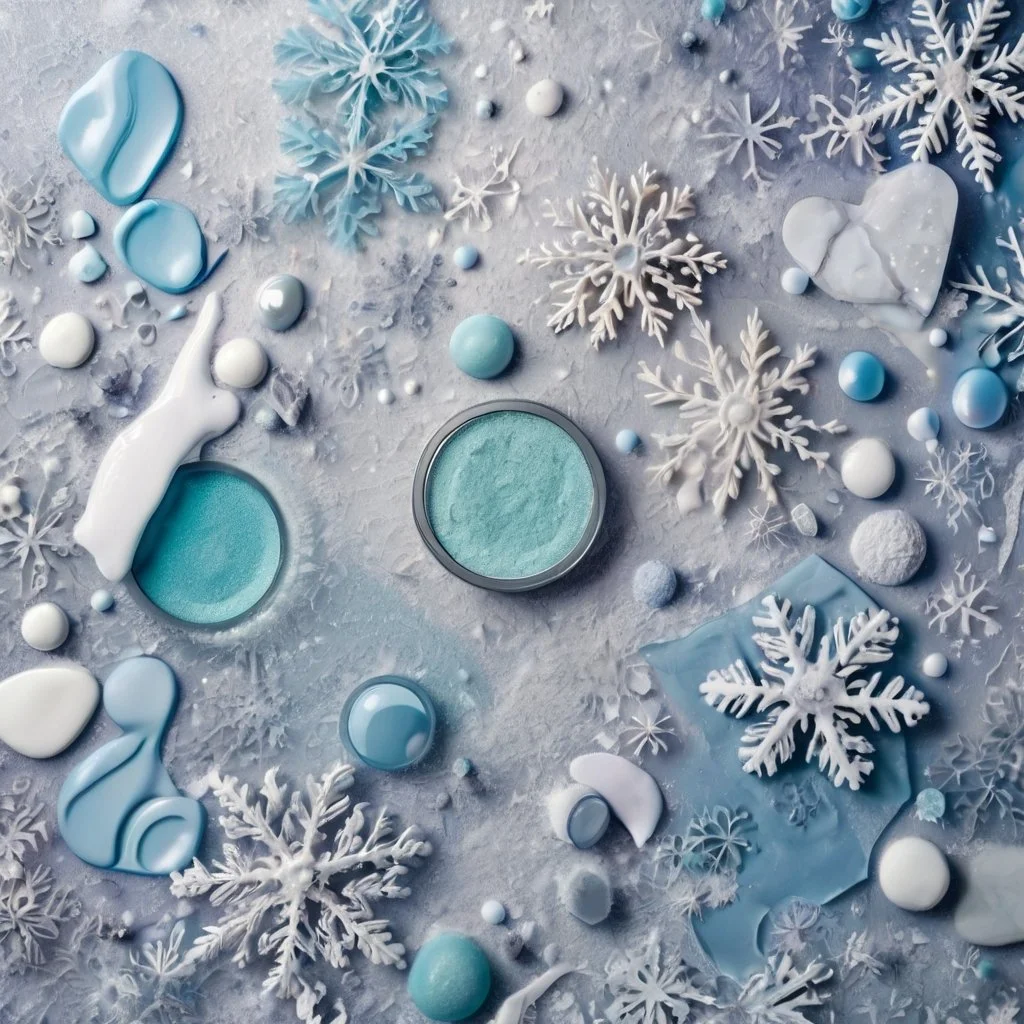Winter Skincare Tips
Winter brings cozy sweaters and hot drinks, but it also comes with challenges for your skin. The chilly air, low humidity, and indoor heating can strip away moisture, leaving your skin feeling dry, flaky, and dull.
But don’t worry—achieving hydrated and glowing skin during the colder months is absolutely possible with the right skincare routine and habits.
Why Winter Is Harsh on Your Skin
Winter weather can wreak havoc on your skin for several reasons:
Low Humidity Levels
Cold air holds less moisture, and when combined with strong winds, it can draw water away from your skin. This leads to dryness and flakiness, especially on exposed areas like your face and hands.
Indoor Heating
Central heating systems and space heaters reduce indoor humidity, further dehydrating your skin. The lack of moisture in the air causes your skin to lose water faster, leading to a tight, uncomfortable feeling.
Reduced Oil Production
During winter, your skin produces less natural oil (sebum), which is essential for locking in moisture. This can lead to an imbalance, especially if you’re already prone to dryness or sensitivity.
Hot Showers and Baths
While hot water feels comforting in the cold, it strips your skin of its natural oils, leaving it more vulnerable to dehydration and damage.
Tips to Keep Your Skin Hydrated in the Winter
1. Switch to a Hydrating Cleanser
Your cleanser plays a crucial role in maintaining your skin’s moisture barrier.
Opt for a gentle, hydrating cleanser that cleans without stripping essential oils.
Avoid foaming cleansers with harsh sulfates, as they can exacerbate dryness.
Recommended Ingredients: Glycerin, ceramides, and hyaluronic acid.
2. Use a Rich Moisturizer
Winter calls for a heavier moisturizer to lock in hydration.
Look for products labeled “deeply hydrating” or “intensive moisturizing.”
If you have oily or acne-prone skin, choose a non-comedogenic moisturizer.
Pro Tip: Apply your moisturizer immediately after cleansing to trap moisture on damp skin.
3. Don’t Skip Sunscreen
Yes, sunscreen is essential even in winter!
UV rays can penetrate clouds and cause skin damage year-round.
Use a broad-spectrum SPF 30 or higher daily to protect your skin from premature aging and pigmentation.
Bonus: Sunscreens with moisturizing properties are a great winter choice.
4. Incorporate a Hydrating Serum
Boost your skin’s hydration levels by adding a serum to your routine.
Choose serums with hyaluronic acid, which attracts water to the skin, or niacinamide, which strengthens the skin barrier.
How to Use: Apply before your moisturizer for maximum absorption.
5. Exfoliate, but Gently
Exfoliation helps remove dry, flaky skin and allows your skincare products to penetrate better.
Use a gentle exfoliator 1-2 times a week to avoid over-stripping your skin.
Avoid harsh physical scrubs; opt for chemical exfoliants like lactic acid or mandelic acid for sensitive skin.
6. Invest in a Humidifier
Indoor heating can significantly reduce air moisture, leaving your skin parched.
A humidifier restores moisture in the air, keeping your skin hydrated.
Place it in your bedroom or living space for maximum benefit.
7. Protect Your Lips and Hands
These areas are often neglected but are most prone to dryness.
Use a nourishing lip balm with ingredients like shea butter or beeswax.
Apply a thick hand cream regularly, especially after washing your hands.
8. Drink Plenty of Water
Hydration starts from within.
Aim for 8-10 glasses of water daily to support your skin’s natural moisture balance.
Add hydrating foods like cucumbers, oranges, and watermelon to your diet.
9. Avoid Hot Showers
As tempting as a steaming shower sounds on a cold day, it can strip your skin of natural oils.
Opt for lukewarm water and keep your showers short to maintain your skin’s barrier.
Pro Tip: Apply body lotion immediately after toweling off to lock in hydration.
10. Choose Overnight Treatments
Overnight masks or balms can work wonders while you sleep.
Use products with occlusive ingredients like petrolatum or squalane to seal in moisture overnight.
Wake up to softer, smoother skin.
11. Wear Protective Clothing
When stepping outside, protect your skin from harsh winds.
Use scarves and gloves to shield exposed areas.
Avoid wool directly on your skin, as it can cause irritation.
12. Avoid Alcohol-Based Skincare Products
Alcohol-based toners and astringents can be overly drying during winter.
Switch to hydrating toners or facial mists with aloe vera or rose water.


